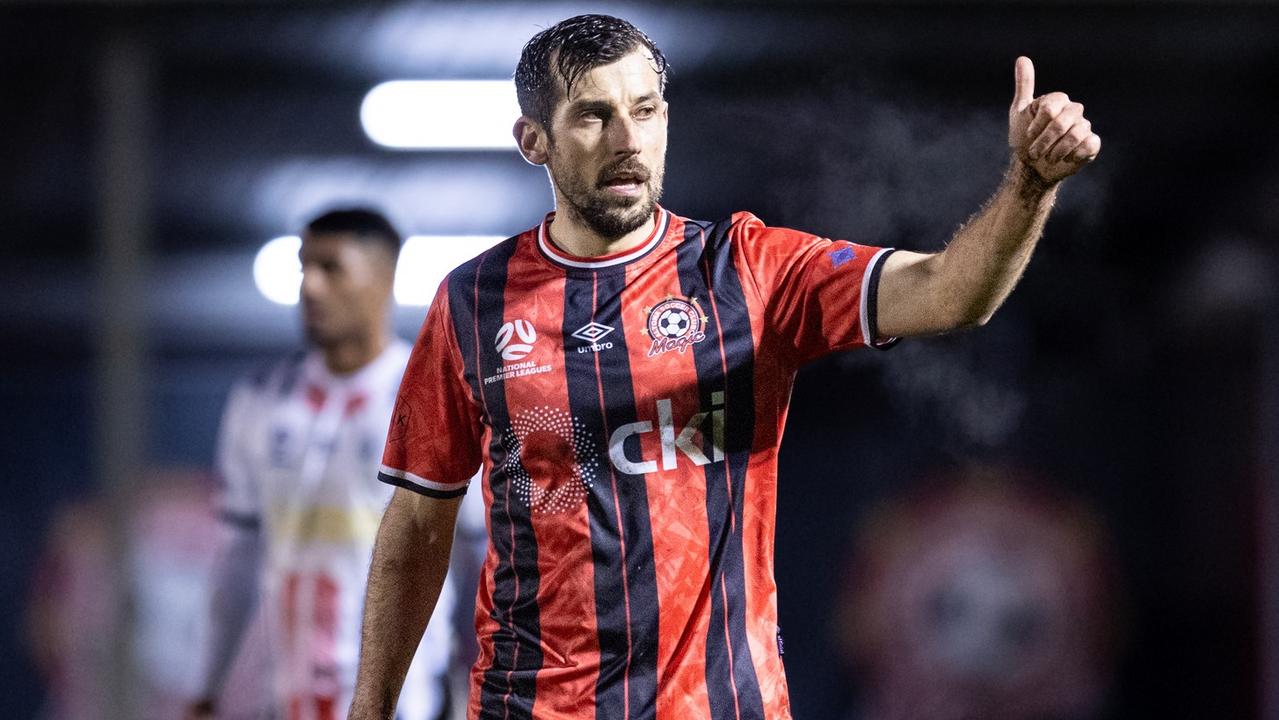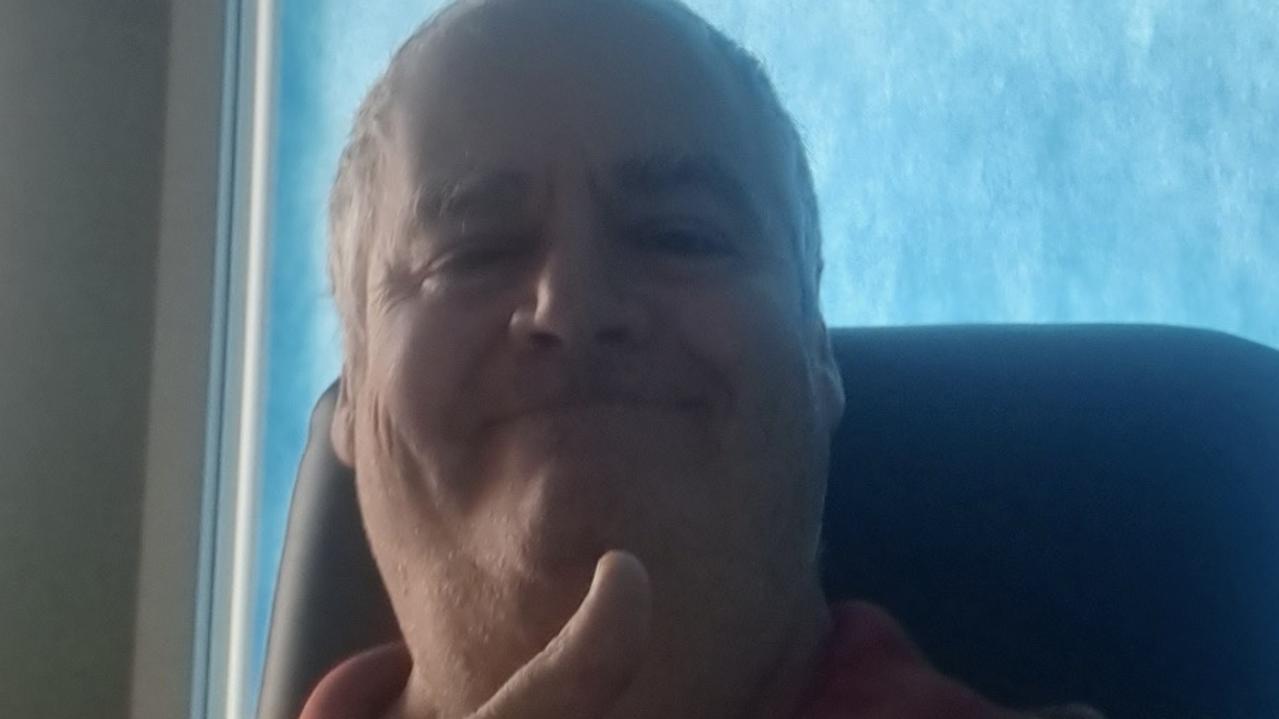Calls to wipe out mobile phone black spots in fire-prone communities
A man lucky to have survived Black Saturday is one of many people living in fire-prone communities across Nillumbik without proper mobile phone reception. He’s backing a push for authorities to fix the problem.
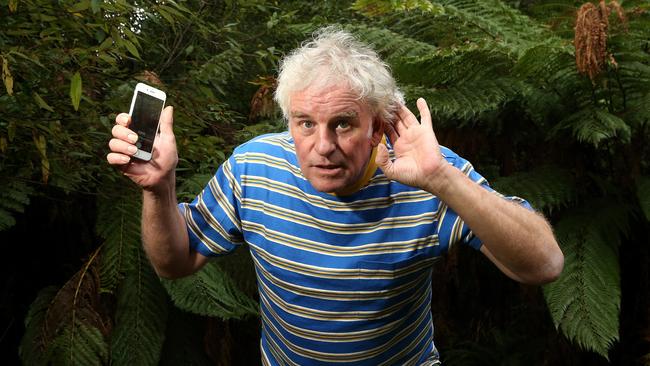
North
Don't miss out on the headlines from North. Followed categories will be added to My News.
Nillumbik Council will be commissioning its own report to identify and log mobile phone black spots through the municipality at the next financial year.
It comes after the Diamond Valley Leader revealed communities in Nillumbik’s most fire-prone areas were still grappling with poor phone coverage 10 years after the deadly Black Saturday bushfires.
Fifteen mobile phone black spots remain scattered through the region in areas such as Kinglake, Strathewen, St Andrews, Smiths Gully and Christmas Hills.
Mobile black spots still causing chaos a decade after Black Saturday
Calls for black spot funding in Macedon Ranges
More mobile coverage and better roads would drive more tourists to the NT, officials say
St Andrews homeowner Colin Buckler was huddled inside his house with about 20 other people while fire ripped through the area, only meters beyond his mud brick walls.
He said nobody could phone their family or friends, to assure them they were still alive.
“The CFA had put a big red cross over St Andrews — the fires were on top of us and they weren’t going to send crews over as it was just too late to get people out,” Mr Buckler said.
“All of us inside were trying to get calls out to let family and friends know we were still alive, but not a single person could get through.”
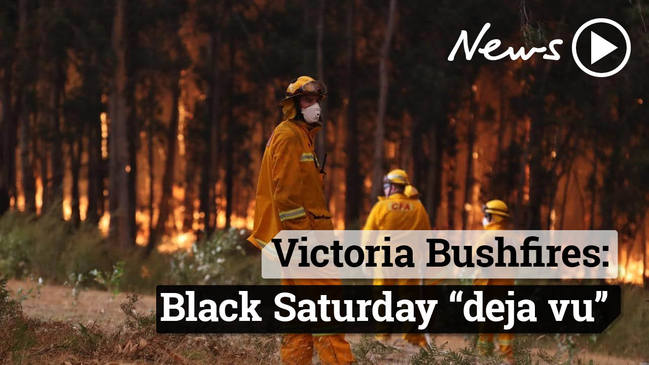
Mr Buckler finally identified a moment to lead the group outside and to a nearby creek where they all covered themselves in mud to protect them from the scorching heat.
“We were there for an hour, just waiting along the banks of the creek and then we got out of the town when the fires passed — we had to move away branches, stop and start, but eventually we got out,” he said.
“It would have been much easier had we been able to let someone know there was a group of us waiting to be saved — we were extremely lucky.
“It’s just incredibly bizarre that if a similar disaster was to occur today, we still wouldn’t have proper phone reception.”
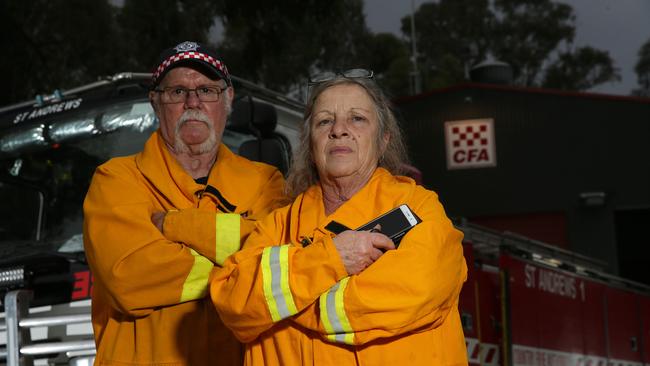
The Federal Government had funded one mobile base station in Nillumbik in 2015 through its Mobile Black Spot Program.
The initiative was developed after the 2009 Black Saturday Royal Commission handed down 67 recommendations, which included enhancing the delivery of warnings from emergency services through mobile phones.
St Andrews man Chris Page identified an “urgent” community need for mobile phone coverage and started his business Hyperwave.
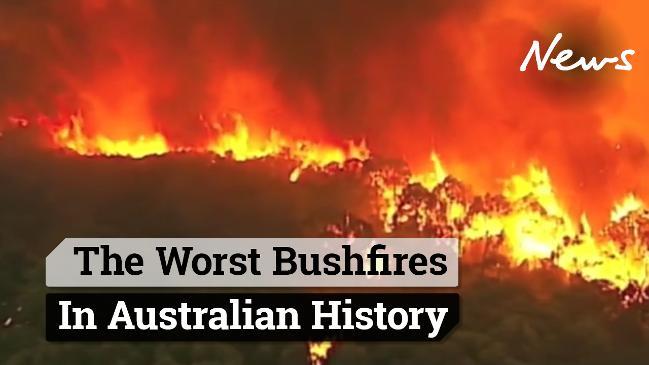
It delivers broadband internet and phone services using wireless microwave technology.
“Black Saturday was devastating for the region and I have since dealt with a lot of customers who were affected by poor reception over that period and are desperate to solve that,” the Hyperwave co-business managing director and co-founder said.
“Hyperwave is more of a focus on internet connectivity in the community, rather than mobile phone reception, but the big thing that comes out of internet connectivity is it gives people the opportunity to use wi-fi calling.
“It’s introduced a new alternative people can use out in rural areas when they don’t have any mobile phone reception.”
Nillumbik Council said it would continue seeking a commitment for the continuation and strengthening of the Federal Government’s mobile black spot funding.

